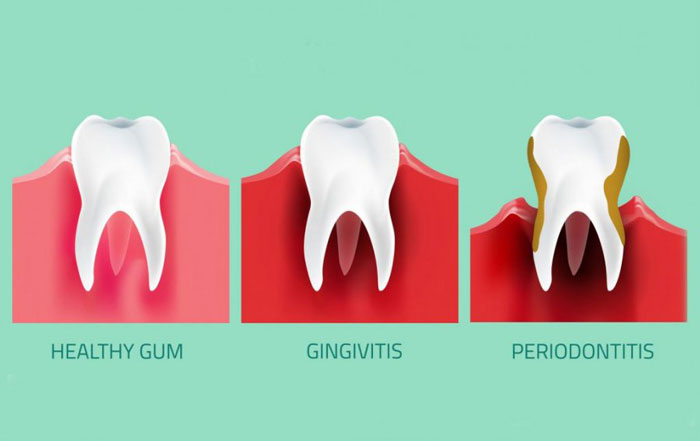Gum Disease Linked to Heart Health

Healthy Hygiene, Healthy Heart
Believe it or not, how you take care of your teeth and gums affects not only your oral health, but it impacts your cardiovascular health, too. Although scientists are not certain of the precise relationship between the heart and oral hygiene, studies consistently demonstrate a link. In fact, according to the American Academy of Periodontology, people with gum disease are twice as likely to have heart disease.
It’s possible that a mouth filled with bacteria and their toxins allows a continuous stream of poisons to enter the system. If the bacteria reach your arteries, they may cause the same kind of irritation they caused in your gums and mouth. Arterial wall irritations typically result in a buildup of protective plaque, which in turn can harden, thus blocking blood flow. Without sufficient blood flow, your heart can easily have a myocardial infarction, also known as a heart attack. Furthermore, loosened arterial plaque can travel through the bloodstream, reach your brain, and cause a stroke.
What Is Gum Disease?
Gum disease is an infection of the gums and bone that support teeth, and it usually starts early in life, then progresses as a person ages. It all starts when plaque hardens into tartar (also called calculus) below the gum line. This irritates vulnerable soft tissues and infection can set in. Combined with decaying food particles lodged between teeth and bacteria emitted by plaque, the infection can spread quickly. Symptoms are so mild in the early phase, many patients don’t recognize them: red, tender, swollen gums, bleeding when brushing teeth.
As the condition progresses, gums recede from teeth and pockets of bacteria form. The bacteria can destroy gum tissue and bone, causing tooth and bone loss.
Maintaining Good Periodontal Health
Regular dental visits at least every six months allow us to keep a watchful eye on the health of your gums. You should also brush twice a day, floss once a day, and use good mouth rinses at home. We will recommend the products that will optimize your oral homecare, and we can also show you the best methods for brushing and flossing. If you have overcome periodontal disease, we will recommend frequent checkups to ensure your mouth stays healthy for a lifetime.
